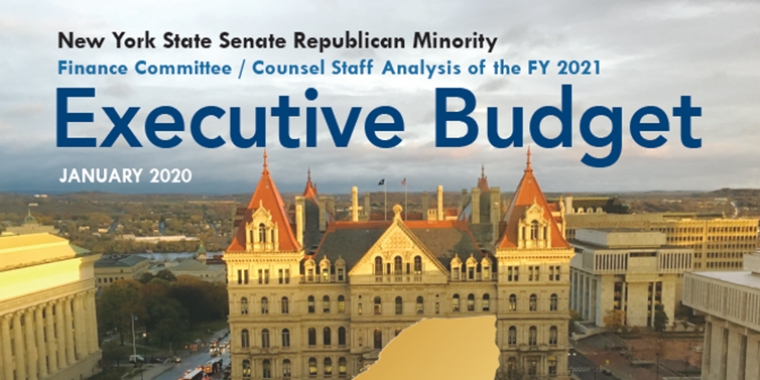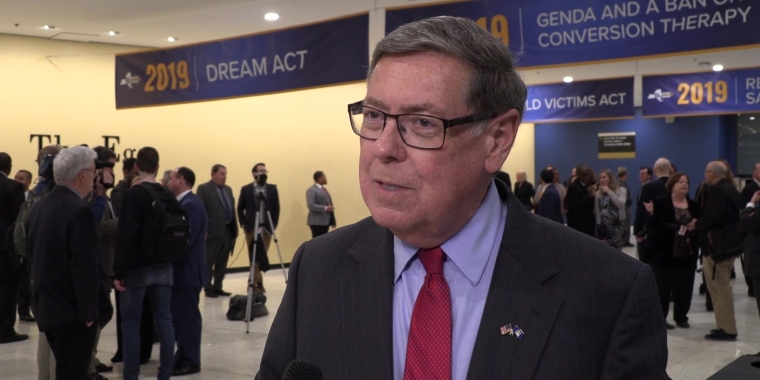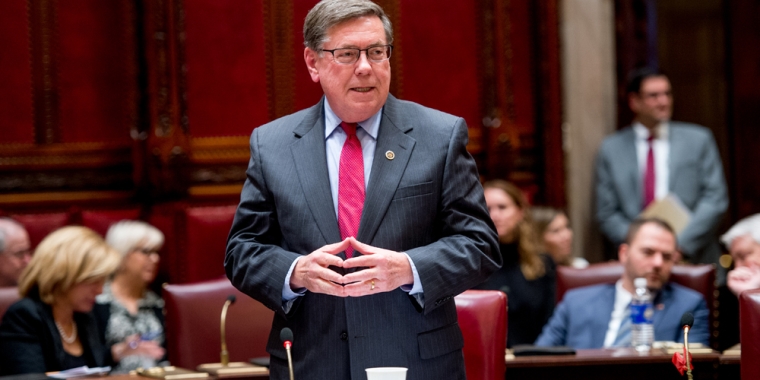
Hands On The Wheel
James L. Seward
November 5, 2009
A new law took effect this month which will increase safety on our highways in New York. While it was already illegal to talk on a cell phone while driving, the new law also bans reading, typing and sending text messages while behind the wheel. The law is meant to limit driver distraction and in turn enhance highway safety. This measure is long overdue and one I have supported for several years.
Our lives are filled with distractions and as a result individuals have become accustomed to multi-tasking. Certainly, this is a skill which comes in handy in many instances, but when driving a motor vehicle it is important to focus on a single pursuit – arriving safely at your destination.
The National Highway Traffic Safety Administration estimates that 25 percent of all police-reported crashes involve some form of driver inattention. The texting ban will help limit driver distraction and inattention by prohibiting the use of any portable electronic device while driving.
Many of the accidents involving texting have been attributed to younger drivers. This is a group most familiar with the growing technology and also a group that can ill afford any type of driver distraction. Over the years I have supported a number of measures to better educate young drivers and ensure they make it home safe.
Motor vehicle crashes are the number one cause of death in young people ages 16-24. Young drivers account for only 12 percent of all drivers, yet they constitute 20 percent of drivers involved in crashes. They are three times more likely to be involved in a crash than the rest of the driving population. From 2004 to 2006, 32 percent of all fatalities occurred in crashes that involved drivers ages 16-24. In 2006, more than 200 young drivers in New York State died in automobile crashes, and more than 26,000 were injured. In addition to the young drivers who were killed or injured, there were 250 other fatalities and more than 41,000 other injured people as a result of crashes involving young drivers.
These statistics back up the need for increased driver instruction for our young people and that’s why I sponsored legislation last year that created a special advisory panel on driver education. The panel reviewed the driver education curriculum currently utilized in schools and identified areas for potential improvement. Among the panel’s recommendations:
• Pursuing a broad-based partnership to increase New Yorkers’ awareness of teen driving safety as a public health priority and to support strategies that represent appropriate responses;
• Requiring the use of a standardized driver education curriculum in New York State;
• Introducing traffic safety and hazard awareness throughout a student’s education career by providing opportunities for these concepts to be incorporated into different academic subjects;
• Requiring parent/guardian involvement in local driver education programs;
• Ensuring that teens have more experience driving before they acquire licenses;
• Expanding the use of technology to complement training and improve hazard detection, but not substitute for behind-the-wheel driving hours;
• Collaborating with national experts and New York practitioners to create a framework for quality assurance and program evaluation;
• Seek options for sustainable funding of local and regional driver education programs accessible to all interested students regardless of income status, geographic location, disability or English language proficiency.
The new law that includes the texting ban incorporates some of these recommendations, specifically the measure calling for more experience for teenage drivers. The number of practice driving hours that must be certified by a parent or guardian has now more than doubled. The law also strengthens New York’s graduated licensing system, something the National Highway Traffic Safety Administration advocates.
I am pleased New York is on the road to safer highways, and encourage all drivers to keep their hands off the keypad and on the wheel.
Share this Article or Press Release
Newsroom
Go to NewsroomSeward Meets with Veterans
February 25, 2020

Analysis of 2020-21 Governor's Budget Proposal
January 29, 2020

Governor's Budget Plan Falls Short
January 21, 2020

Statement from Senator Seward
January 20, 2020
